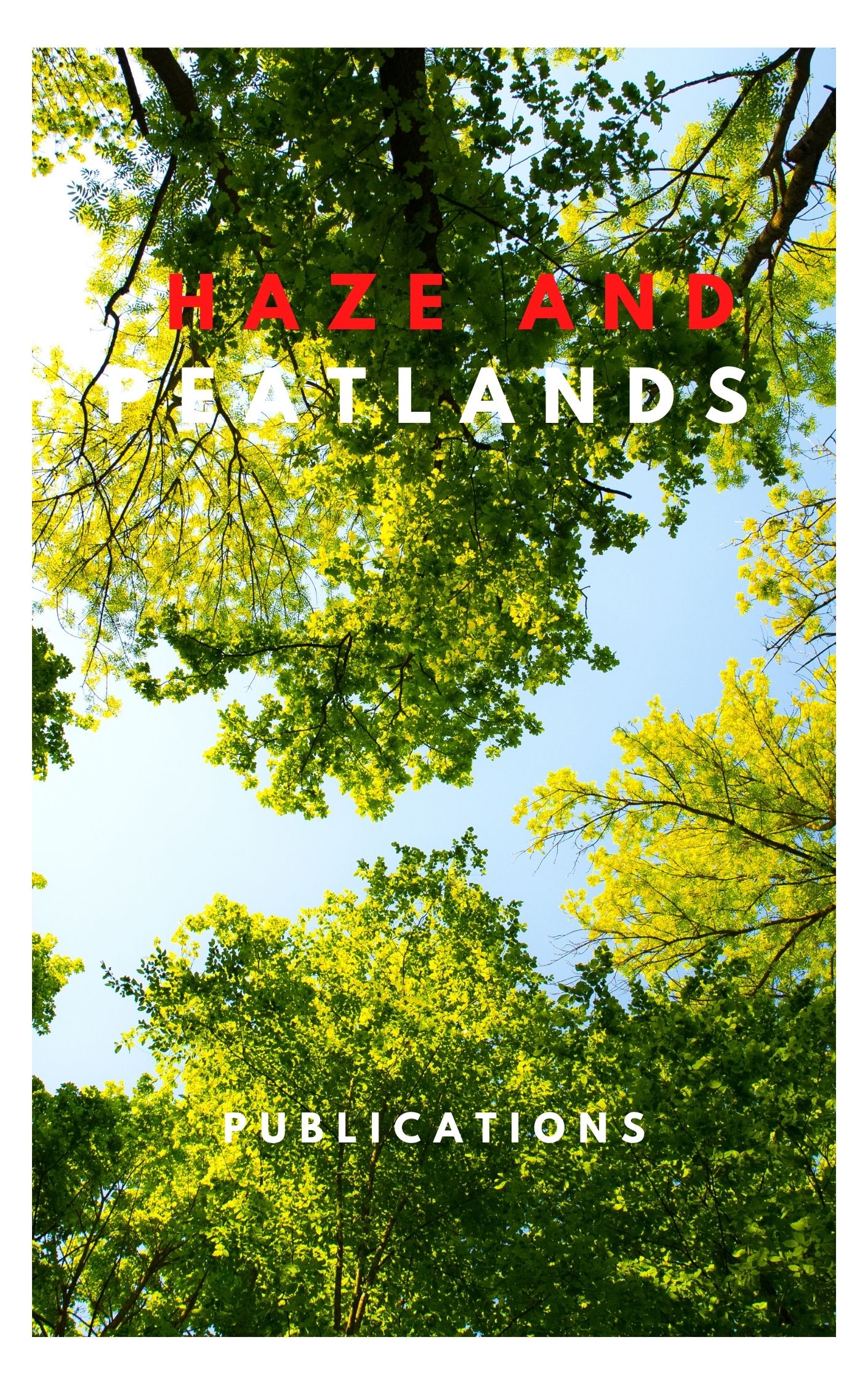This article explores how changing environmental conditions and practices connect with shifting forms and valuations of sociality in a Ngaju Dayak village in the radically transformed peatlands of southern Borneo. It proposes that the production of values and social relations is indivisible from the production of a livelihood through material means and dwelling in the local environment. The article describes how changing Ngaju orientations to social life and the riverscape have been interlinked with fluctuations in the local valuescape. The focus is on two distinct but overlapping forms of organising sociality and labour in the riverine environment, and how they have influenced and been influenced by the dialectically conjoined Ngaju values of solidarity and autonomy, and, more recently, by emerging economic value. It is argued that the valuation of sociality crucially reflects the changing valuation of land and nature and related politics of value within the local riverscape. Finally, the article shows that the radically transformed riverine environment sets limits on (imagining) environmental practices, forms of sociality, and how they are valued. © 2021 The Author(s). Published by Informa UK Limited, trading as Taylor & Francis Group.
View source

